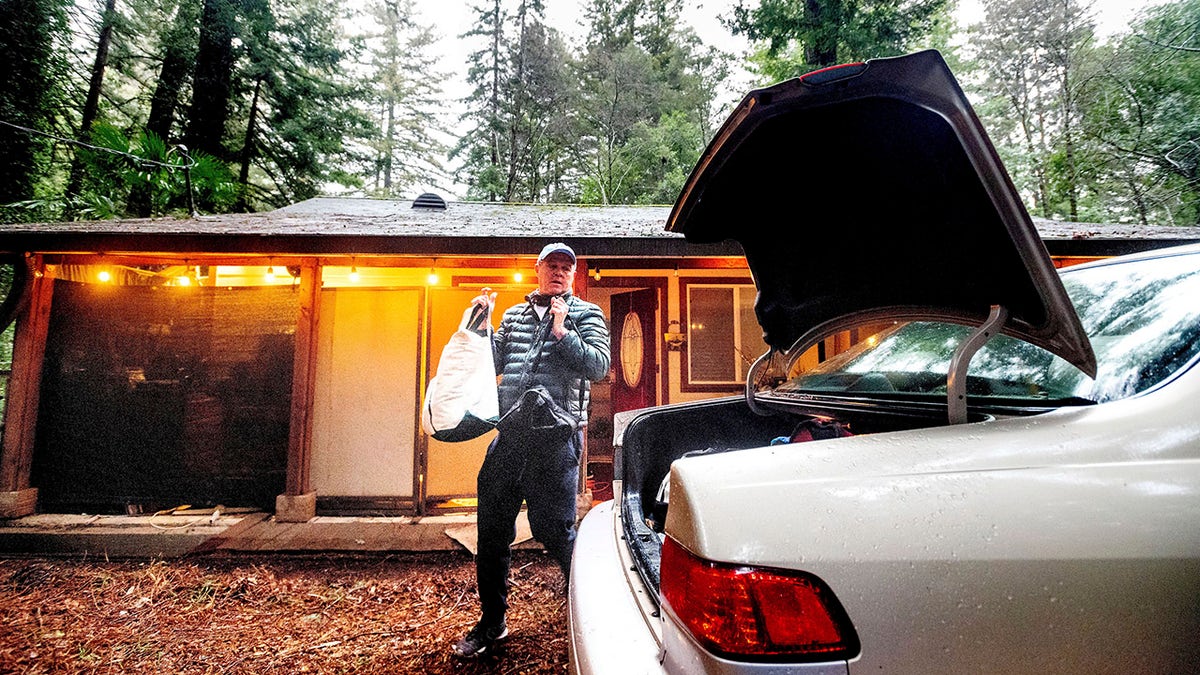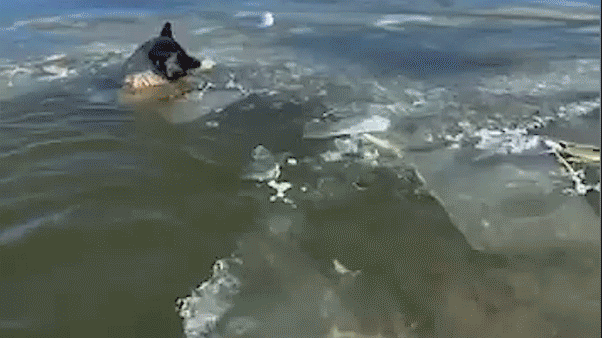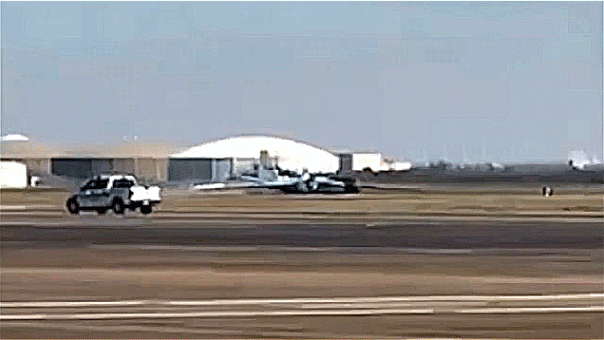Fox News Flash top headlines for January 27
Fox News Flash top headlines are here. Check out what's clicking on Foxnews.com.
Evacuations were issued for thousands of California residents on Tuesday as an atmospheric river approached the coastline, bringing unusually heavy precipitation and widespread power outages.
More than 345,000 were without power on Wednesday morning, according to tracker PowerOutage.US.
WINTER WEATHER SWEEPS ACROSS THE US WITH MULTIPLE STORMS BRINGING SNOW, RAIN AND BLIZZARD CONDITIONS
At 10 p.m. PT on Tuesday, utility company Pacific Gas and Electric Co. reported that as many as 38,000 customers around the Bay Area were without power.
Evacuation orders are in place for the San Mateo, Santa Cruz and Monterey counties, though many residents told authorities they would not leave their homes -- even as Cal Fire warned of hazardous conditions.
The state's office of emergency services staged emergency personnel in five counties, according to The Associated Press.
While officials are worried about flooding and mudslides that have reportedly already freed debris in the burn scars of some of the state's largest wildfires, rare blizzard-like snow is also a concern in the Sierra Nevada.
"We cannot stress this enough," the California Department of Transportation in District 3 wrote on Twitter on Tuesday. "If you have not arrived to your destination before sunset tonight, travel to the Sierra is not advised. Heavy snow is on tap and whiteout conditions are expected."
Up to 10 feet of snow is anticipated in the mountains, according to the National Weather Service, with numerous locations under winter storm warnings and winter weather advisories.
Some lower elevations, like Sonoma County, have already seen snowfall.
The threat has closed off both Interstate 5 over the Grapevine and Highway 1.
Winds in California gusted at speeds of up to 77 mph, with reports of fallen branches, according to SFGate.

Charles Bogray evacuates from his Boulder Creek home near the CZU Lightning Complex Fire burn zone in Santa Cruz County, Calif., on Tuesday, Jan. 26, 2021. (AP Photo/Noah Berger) (AP)
As the front moves inland, the service has designated part of the region as having a "Moderate Risk" and a flash flood watch has been posted as the central coast expects as much as 10 inches to 14 inches of rainfall over the next 72 hours.
On the heels of the worst fire season in California history, experts had warned that a storm of this magnitude could wreak further havoc.
Wildfires destroy vegetation that would normally absorb some of the moisture and hold debris in place.
The Santa Cruz and San Mateo CZU Lightning Complex Fire scorched 86,509 acres last August, The Mercury News reported Tuesday.
It's an area that's seen debris flows and mudslides before, and more than 20 people died in January 2018 when a debris flow struck Montecito.
The U.S. Geological Survey says on average 25 people to 50 people are killed by landslides every year in the United States.
Even more rainfall is expected on Friday. While the storms could help the state's longstanding drought, the Bay Area will see more rain in 24 hours than over the last year.
CLICK HERE FOR THE FOX NEWS APP
"The storm that we feared is here and the time to act is now," Santa Cruz County's communications manager Jason Hoppin said Tuesday.
The storm comes a little more than a week after strong winds battered homes, shuttering Yosemite National Park. The park's closure has since been extended to at least Jan. 30.
The Associated Press contributed to this report.











































